The Integrity Council for the Voluntary Carbon Market announced that carbon credits issued under existing renewable energy methodologies, which account for nearly a third of the voluntary carbon market, will not be able to use its high-integrity Core Carbon Principles (CCP) label. In an announcement made on 6 August, the Council’s Board stated that eight methodologies used to design and implement renewable energy projects fail to meet the CCP’s Assessment Framework requirements because they do not adequately assess whether those projects would have gone ahead without the incentive of revenues from carbon credits. The eight methodologies account for an estimated 236 million unretired credits, making up 32% of the voluntary carbon market. The Council’s Chair Annette Nazareth stated that tough decisions had to be made in order to build a high integrity carbon market: “While companies’ first priority must always be to decarbonise their own value chains, carbon credits can be an important supplement, allowing them to go further and take responsibility for emissions they cannot yet cut.” The Council has grouped together over 100 methodologies into 29 categories for assessment. Additionally, multi-stakeholder assessments of popular carbon credits REDD+ (Reducing Emissions from Deforestation and Forest Degradation), Jurisdictional REDD (JREDD) and clean cookstoves are due to be completed in the coming months.

